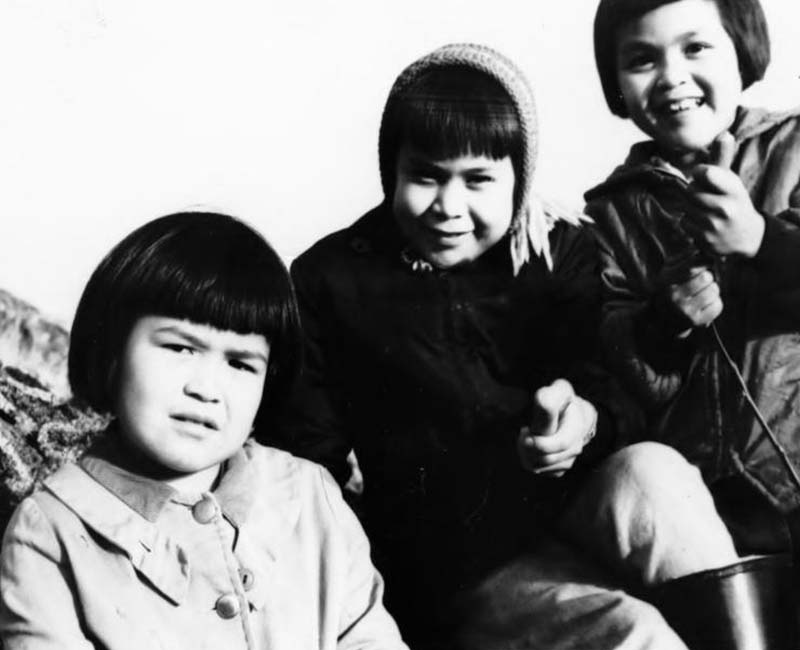NCTR launches a new website and archive database

The new and improved National Centre for Truth and Reconciliation (NCTR) website and archive database is now live.
Some of the NCTR’s most important work is sharing the truth of residential schools and providing Survivors and their families access to their school records. The new, easy-to-navigate website and database ensures we help connect Survivors, Educators, Researchers and those interested in the history of residential schools a comprehensive group of resources. The NCTR holds millions of records, many of which are public records, statements and events available to be explored and understood.
“This centre belongs to all Survivors, intergenerational Survivors, Indigenous communities and families of those who never came home. The Centre came into being because of all Survivors, past and present, as well as communities. We thank you for the incredible gifts, for your support and strength,” says Eugene Arcand, NCTR Survivors Circle member. “I hope the centre can now support all our healing journeys by preserving and sharing our records, statements and events.”
The website now displays multiple resources for all of Canada to learn and create the resources, educational programs and reconciliation initiatives required to move this country forward in a good way. A new feature on the site provides a space for all communities to submit their truth and reconciliation news and events across the country in the hopes of connecting us all together.
Available educational resources are categorized by grade level, including adult learning. There are also pre-developed resources for teachers to use in their classrooms in English and French. The NCTR provides free presentations on how to use the available tools for teachers, organizations and researchers to support their own work development and programs using the records. To schedule a presentation, contact nctr [at] umanitoba [dot] ca
The new archive system
Access to Memory, the newly selected data system that provides Survivors and the public with access to the archives, makes it easier to look up schools, dates, statements and other related items such as attendance records, photos, objects and acts of reconciliation.
It is a web-based platform with high international standards in archiving and multilingual capabilities. The NCTR chose this system because it is open source, which allows us to build and develop our own systems for projects and programs that fit our mandate and better serve our communities.
The new system also provides the NCTR with the ability to continue its work on decolonizing the archives while accommodating Indigenous languages into the records.
To schedule a free presentation on how to navigate the archives, contact nctrRecords [at] umanitoba [dot] ca
“We hope the website provides the necessary starting point in your personal journey and inspiration for all Canadians to learn the truth and start or continue our shared journey for reconciliation,” says Stephanie Scott, Executive Director, NCTR.
